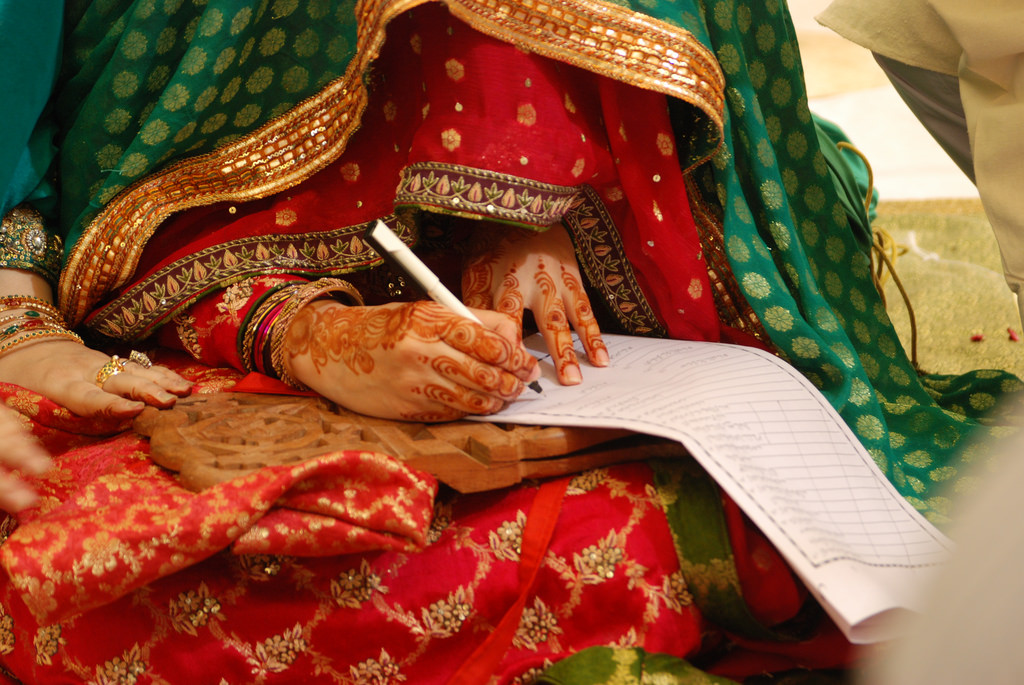A Brief Colonial History Of Ceylon(SriLanka)
Sri Lanka: One Island Two Nations
A Brief Colonial History Of Ceylon(SriLanka)
Sri Lanka: One Island Two Nations
(Full Story)
Search This Blog
Back to 500BC.
==========================
Thiranjala Weerasinghe sj.- One Island Two Nations
?????????????????????????????????????????????????Sunday, September 30, 2018
Resolving The MMDA Reform Dilemma – A Priority For the Muslim Community!

 ‘Certainly
We have sent Our messengers with clear guidance; and We sent down to
them the Book and the scale so that humans may conduct themselves with
justice.” (Quran : Surah al-Hadid, 57:25),
‘Certainly
We have sent Our messengers with clear guidance; and We sent down to
them the Book and the scale so that humans may conduct themselves with
justice.” (Quran : Surah al-Hadid, 57:25),
When Justice Saleem Marsoof (JSM) handed over his Committee Report on Muslim Marriages and Divorce Act (MMDA)
Reforms to Hon. Minister of Justice in December 2017, ending a long
period of wait and suspense, the Muslim community in particular and the
country in general eagerly expected that its’ recommendations will carry
much hope and promise for those affected by certain aspects of this
legislation. However, shattering all such hopes, it came to light that
the Report was not ‘unanimous’ as it was initially thought to be; in
fact there were two separate reports in one, with another ‘rival’ Report
being also submitted alongside by another prominent member of the
Committee Faisz Mustapha PC (FM) representing a dissenting group within,
including the powerful ACJU, which basically challenged and disputed
many key recommendations in the Main Report. This state of affairs
obviously reflected adversely on the ability of the Muslim community to
resolve its’ own issues amicably even after a long period of time.
Ever since then, much debate and discourses have ensued in the public
domain, with various parties even washing dirty linen in public, which
have unfortunately generated more heat than light. Frustratingly, both
the Justice Minister, the Government and even the Muslim
Parliamentarians will therefore drag their feet in proceeding further in
the absence of a consensus due to the political risk involved in taking
sides/ implementing unilaterally. It would have been much nicer and
productive for JSM as Chair if more time was taken to resolve
contentious issues with the dissenting sub-group to come up with a
unanimous set of recommendations in the several areas which are in
dispute , rather than creating this quagmire, which many believe, arose
out of egoistic reasons on both sides.
The general law administered through civil courts governs marriages of
other ethnic and religious communities – the Sinhalese, Tamils and
Burghers, while the MMDA established a parallel Quazi (Muslim
judge) court system to administer the Act. Throughout the period in
which the MMDA has been implemented, there have been serious concerns
raised by women’s groups with regard to discriminatory provisions as
well as the quality of service and practices of the Quazi courts,
which put Muslim women and girls in socially and economically
vulnerable situations. Many Muslim women’s rights groups have therefore
been highlighting this dire plight of multitude of affected Muslim
women. Thus, there is definitely a dire need to reform this piece of
law, and Muslims should seriously reflect whether to allow token
cultural and religious rights embedded in the present MMDA , which has
been traditionally passed off over the years as namesake ‘Islamic law’
to triumph over concepts of justice and equality as articulated and
promoted under the objectives of Sharia (Maqasid Sharia) as laid down in
the Quran and practices of the Holy Prophet of Islam (OWBP). However,
as it stands now, many community initiatives to reconcile both positions
taken up by both JSM and FM groups have not been as effective as they should be.
A cursory look at the general acceptability of the JSM-FM reports shows mixed reactions. On
the one hand, the Muslim women’s groups and human rights groups which
demanded drastic reforms showed an inclination to favour JSM
recommendations, which appears to address the main concerns of the
affected people to a greater extent and therefore they hailed this
report as progressive and forward looking. They in fact even referred to
FM as the distractor in chief. On the contrary, the FM-led dissenting
report which was backed to the hilt by the influential ACJU, found
favour with the conservative sections of the Muslim community, visibly
due partly to intense lobbying at grass-root levels by the ACJU and
partly as a result of misinformation , as the report sought to basically maintain
(almost) status quo in respect of substantive law and major areas which
generated controversy, however suggesting administrative changes. They
took up the position that JSM Report, sacrificed some aspects of the
Sharia to appease those demanding drastic reforms to the MMDA without
thoroughly thinking through the implications- a measure which may have
long term impact on the religious and cultural sensitivities of the
Muslim community. However, it has been fact that JSM Committee (JSM) has
even authored books and written many research earlier on this area),
has clearly done lot of research based on Sharia and comparative study
about the law reform process even in other Muslim countries as well and
his report was a comprehensive one. Thus any attempts to brand his
Report as ‘anti-Sharia’ is both misleading and erroneous. The blame
about his Report has been that there are no Religious scholars who has
signed his report.

